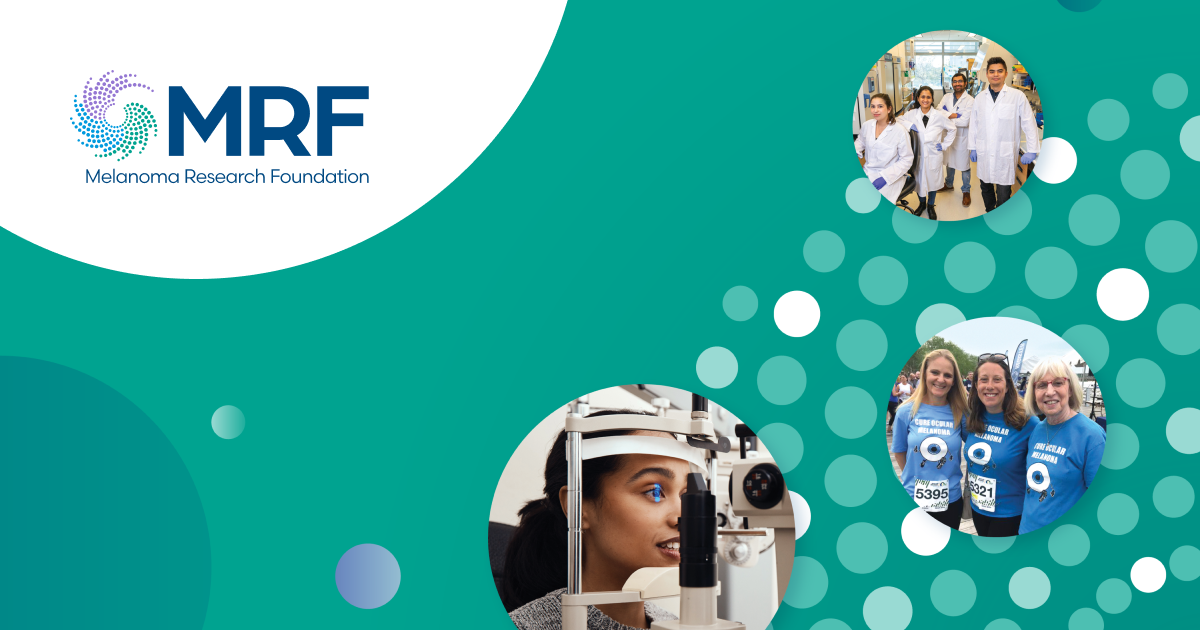Meet the Researcher: Mai Nguyen


Mai Nguyen received her BA from Lafayette College in 2015. She is currently working towards her PhD and has been a member of Dr. Andrew Aplin’s Lab since March 2016. Mai has also been volunteering her time and producing face shields for Thomas Jefferson University Hospital’s frontline professionals during COVID-19.
Mai is sharing her personal experience how COVID-19 is affecting her work and research labs everywhere. Thank you, Mai, for your dedication to melanoma research and for your work in supporting frontline professionals.
Here is her story:
In early March, the lab learned that activities in non-essential workplaces would soon de-escalate to prevent the spread of coronavirus. Through colleagues at other institutions, we were bracing ourselves for similar plans from Jefferson and discussing what we would have to do specifically for our lab. Although we couldn’t help feeling a certain level of anxiety for everyone’s health and safety, mixed in with frustration at the potential of weeks to months away from wet lab–based work, we understood the gravity of the situation. Everyone was keen on playing our part to ensure public health is our number one priority.
Our lab quickly switched gears to working remotely. We have a select few who go to the lab intermittently for urgent lab matters and critical experiments. Everyone else communicates through emails, weekly Zoom meetings and a dedicated Slack channel. We have at least four scheduled group meetings a week, which help maintain a degree of structure to our daily routines. Through these meetings, we have the chance to clarify our job responsibilities for each week and stay in touch with each other’s progress. We have also stayed connected with other labs around the country and even internationally. We have ramped up our analysis of existing melanoma tumor sample datasets. We have looked for new opportunities to collaborate with research groups working in a similar area. Also, we have interacted with foundations to write white papers to provide a guide to the current state of pre-clinical models in melanoma. Understandably, productivity is not the top priority for many people during this tough time. Our accomplishment of two team-based grant applications and a developing team-based idea for uveal melanoma have served as great motivating factors for our lab.
Working from home has its own challenges based on each lab member’s living circumstances and working styles. However, most of us have taken advantage of this time to analyze and think more critically about our data. Some of us have also seized the opportunity to expand our knowledge of the literature relevant to our research topics. Others attend online bioinformatics tutorials to acquire new skills, which they have been able to apply to the analysis of big data sets, setting the stage for lab-based questions. These are essential skills that will undoubtedly prove to be useful for not only the progress of our projects but also our transition back into the lab.
We also have lab socials on Friday evenings as a final check-in before the weekend. We chat about our plans for the week and play fun games to try to lift everyone’s spirit. Women in Science Day was celebrated with a meaningful discussion of the accomplishments female scientists have achieved and the challenges we are still facing today. We keep up with our regular celebrations of birthdays and momentous events, and continue to support each other professionally and emotionally, virtually together. Although the transition is difficult and unprecedented, so is our current public health crisis. We are grateful for our clinical colleagues at the front line and proud of all our lab members who have made sacrifices in our collective fight against the pandemic.
Upon learning that there has been a shortage of face shields across US hospitals, I decided to participate in this volunteer event to make masks from simple materials for Thomas Jefferson University Hospital’s frontline professionals. I am aware that the disruptions COVID-19 had on my life were negligible compared to many others. Through this small effort on my part and fellow student volunteers’, I hope that we were able to somewhat alleviate the burdens placed on front line professionals.
Thank you, Mai, for your insight into a melanoma research lab! The Melanoma Research Foundation (MRF) is thrilled to be honoring Dr. Andrew Aplin with the Humanitarian Award at our Inaugural Philadelphia Virtual Gala presented by Castle Biosciences. This event will feature a virtual silent auction, a chance to win a once in a lifetime vacation and the opportunity to fund a grant that will benefit the Thomas Jefferson University Melanoma Program.
YOU can be a part of giving back to the Philadelphia melanoma community by joining us for this virtual night of fun on June 4th, 2020! Join us and register for FREE now!
“Meet the Researcher”! MRF CEO Kyleigh LiPira held a live interview with Dr. Andrew Aplin to discuss his work, melanoma research and how COVID-19 is impacting research labs all over the country. Check out the recording here.

Thank You To Our Sponsors:





